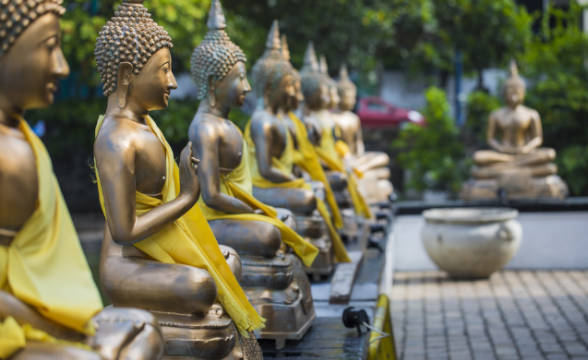On July 4, the government of Sri Lanka has given green light to the issuance of licenses to all four casino operators active in the country. The move aims to make tax collection more efficient.
Outstanding Tax Revenue of SRL 2.67 billion ($7.4 million)
Sri Lanka has a long-standing gambling regulation with the Betting and Gaming Levy Act No. 40 from 1988 and Act No. 17 from 2010. According to these Acts, the casino operators had to be granted casino licenses in order to run gambling operations in the country but no such licenses were ever issued.
As per government estimations, the tax revenue that the four active casino operators in Sri Lanka owe to the state coffers amounts to a total sum of SRL 2.67 billion ($7.4 million). The Sri Lanka government has been experiencing difficulties with the collection of these taxes so it has resorted to the issuance of the licenses in order to be better able to receive its dues.
This decision comes during a very hard period for the country, which is experiencing a political crisis amid an economic downturn with serious shortages of food, commodities and fuel. In May, Sri Lanka went into default in regard to its international debt of $51 billion and is currently expecting assistance from the International Monetary Fund.
New Legislative Changes
Together with the announcement about the issuance of new casino licenses, the Sri Lankan cabinet also informed about changes to the Betting and Gaming Levy Act No. 40 from 1988. The government additionally suggested that it would probably increase the yearly tariffs paid by casinos to SRL 500 million ($1.4 million) from the SRL 200 million ($555,000) that they are paying now.
The cabinet’s statement did not give any clarity on whether more stakeholders will be allowed to enter the market. However, it must be noted that in 2015 a change of government halted a planned opening up of the gambling market in Sri Lanka. This stopped the development of three new casino projects, including one funded by Crown Resorts, a major casino operator in Australia. Yet in May 2021 a major project backed by a $1.4 billion investment from China for an integrated resort including a casino in the Colombo port was approved.
The most curious fact about the new legislative changes, however, is that they come just after Dhammika Perera was assigned the position of Investment Minister. Perera, who has been nicknamed “the casino king” by the press, is the owner of three out of a total of four casino licenses in Sri Lanka. He runs the venues Bally’s Colombo, Bellagio Colombo, and MGM Colombo and is allegedly the richest man in the country.




